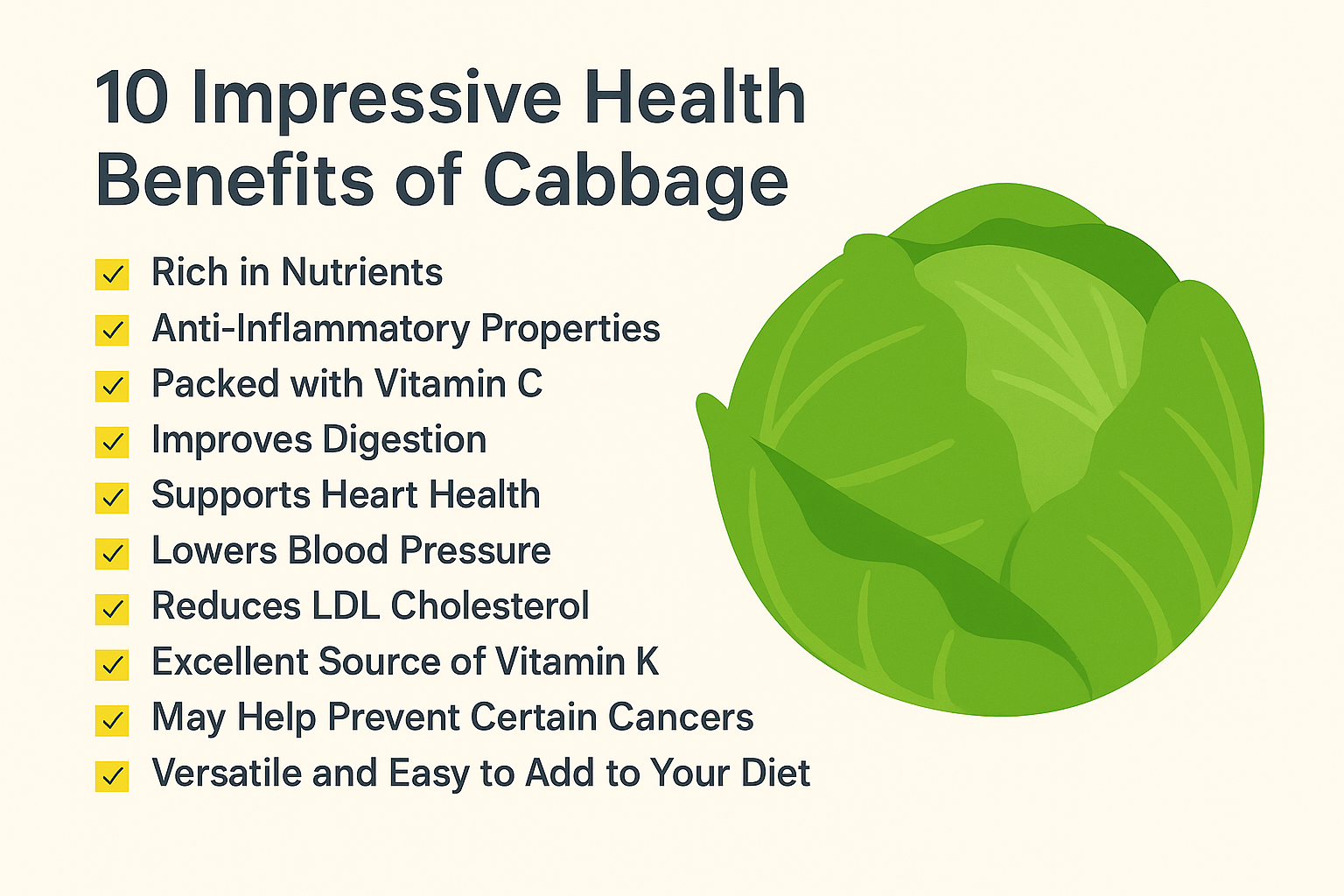
Muscle Recovery Best Supplements Nutrition and Rest
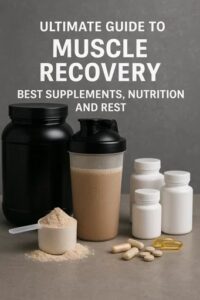
When you engage in intense workouts, your body experiences stress, and muscles undergo small tears that need to be repaired. To maximize performance, recovery is just as important as the workout itself. The key to ensuring your body recovers optimally lies in the right supplements, proper nutrition, and the importance of rest in your fitness plan. This article will dive into the best supplements for muscle recovery, the best nutrition to have after a workout, and the critical role of rest in any fitness routine.
Best Supplements for Muscle Recovery
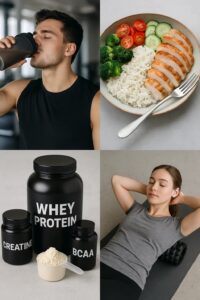
Supplementation plays a significant role in speeding up muscle recovery after an intense workout. Choosing the right supplements can help repair muscle tissue, reduce soreness, and restore energy levels. Here are some of the best supplements for muscle recovery.
Whey Protein
Whey protein is one of the best supplements for muscle recovery. It contains all the essential amino acids that help rebuild muscle tissues and promote muscle growth. Consuming whey protein after a workout ensures that your muscles get the building blocks needed for repair. It is easily absorbed by the body, making it a fast and efficient source of protein after a workout. It also aids in reducing muscle soreness and accelerates recovery.
Creatine
Creatine is well known for its ability to improve strength and power during workouts. However, it also plays an essential role in muscle recovery. It helps replenish your muscles’ energy stores and reduces muscle cell damage that occurs during exercise. Creatine supports faster muscle recovery and allows you to perform better in subsequent workouts. Adding creatine to your post-workout routine helps you recover quicker and build muscle more effectively.
Branched-Chain Amino Acids (BCAAs)
BCAAs are essential amino acids that include leucine, isoleucine, and valine. These amino acids are crucial for muscle repair, especially after intense workouts. They help to reduce muscle breakdown, promote muscle protein synthesis, and alleviate soreness. BCAAs can be taken during or after a workout to improve recovery and reduce fatigue, especially if you’re engaging in high-intensity training or endurance exercises.
Glutamine
Glutamine is an amino acid that helps with muscle repair and supports the immune system. During intense exercise, glutamine levels can decrease, which can lead to muscle breakdown. Supplementing with glutamine after your workout can support muscle recovery, reduce soreness, and prevent muscle loss. It also helps replenish glycogen stores and improves overall recovery time.
Fish Oil (Omega-3 Fatty Acids)
Fish oil, rich in omega-3 fatty acids, has anti-inflammatory properties that help reduce muscle soreness and inflammation after exercise. Omega-3 fatty acids aid in decreasing muscle damage, improving muscle function, and promoting faster recovery. They also help support joint health, which is essential for those who perform high-impact exercises or heavy lifting. Fish oil is a great addition to your post-workout supplementation to speed up muscle recovery.
Nutrition After a Workout
Proper nutrition after a workout is critical to ensure that your body recovers and rebuilds muscle. What you eat plays a major role in how your muscles repair, grow, and function. Here are the main nutrients to include in your post-workout nutrition plan.
Protein
Protein is the most important nutrient for muscle recovery. After a workout, your muscles need protein to repair the microscopic tears that occurred during exercise. It helps build and maintain muscle mass and aids in recovery. Aim for about 20 to 30 grams of protein within 30 to 60 minutes after your workout. Some great sources of protein include chicken, turkey, fish, eggs, and plant-based proteins like beans and lentils. Protein shakes or bars can also be an easy and convenient option.
Carbohydrates
Carbohydrates are your muscles’ primary source of energy. After a workout, replenishing your glycogen stores with carbohydrates is essential for restoring energy and preparing your muscles for the next round of exercise. Choose complex carbs like sweet potatoes, quinoa, oats, or brown rice for a steady release of energy. Carbs not only restore glycogen but also help to improve muscle protein synthesis when paired with protein.
Healthy Fats
Healthy fats play a vital role in the recovery process. They help reduce inflammation and support overall cellular function, which is crucial for muscle repair. Healthy fats also help your body absorb essential vitamins and minerals. Foods rich in healthy fats include avocados, nuts, seeds, olive oil, and fatty fish like salmon. While fats should not be the focus of your post-workout meal, they should still be part of a balanced recovery plan.
Hydration
After a workout, it’s important to hydrate to replenish fluids lost through sweat. Dehydration can impair muscle recovery and performance. Drinking water is essential, but you can also incorporate drinks with electrolytes to help replenish sodium, potassium, and magnesium lost during exercise. Coconut water or sports drinks can be a good option to help maintain electrolyte balance and improve muscle function.
Importance of Rest in Fitness Plans
Rest is a critical component of any fitness plan. While workouts break down muscle tissue, rest allows your muscles to repair and grow stronger. Without enough rest, your body can become fatigued, and your muscles won’t have time to recover properly. Here’s why rest is essential for your overall fitness progress.
Muscle Repair and Growth
During exercise, muscle fibers are broken down. However, it’s during rest that the muscles repair and rebuild, becoming stronger. Without proper rest, your muscles won’t fully recover, which can result in muscle fatigue and a decline in performance. Adequate rest allows muscles to repair, grow, and become stronger.
Prevention of Overtraining
Overtraining occurs when you push your body too hard without allowing enough time for rest. This can result in fatigue, injury, and a plateau in progress. Overtraining can also lead to a weakened immune system and increased stress levels. Rest days help prevent overtraining by giving your body the time it needs to recover and rejuvenate.
Improved Performance
Proper rest ensures your muscles are ready for the next workout. Without rest, you may experience decreased performance, fatigue, and a lack of motivation. When you allow your muscles to recover, you increase your chances of improving strength, endurance, and overall performance in your workouts.
Mental Health
Rest is not just important for the body but also for the mind. Constantly pushing yourself in the gym without taking rest can lead to burnout, fatigue, and a decrease in motivation. Rest helps clear your mind and keeps you mentally fresh, which can increase your motivation and focus for future workouts.
FAQs
How much rest should I take between workouts?
It depends on the intensity of your workouts. Most experts recommend at least one full rest day per week and 48 hours of rest before working the same muscle group again.
What is the best post-workout supplement for muscle recovery?
Whey protein is one of the best supplements for muscle recovery, as it provides essential amino acids that help with muscle repair and growth.
How much protein do I need after a workout?
Aim to consume 20 to 30 grams of protein within 30 to 60 minutes of finishing your workout to maximize muscle recovery.
Can I recover without supplements?
Yes, recovery can occur without supplements. Proper nutrition and rest are the key components for muscle recovery. Supplements can speed up the process but are not essential if you eat a balanced diet.
How does rest improve muscle recovery?
Rest allows your muscles to repair and grow stronger. It gives the body time to recover from the stress of a workout and prepares it for future sessions, ultimately improving performance and reducing the risk of injury.
How long should I rest before working the same muscle group?
It’s recommended to rest for at least 48 hours before targeting the same muscle group again. This allows the muscles to fully recover and repair.
What are the signs that I am overtraining?
Signs of overtraining include persistent fatigue, a decrease in performance, trouble sleeping, mood swings, and increased soreness. If you experience these, take additional rest days to prevent injury.
Conclusion
To achieve long-term fitness success, muscle recovery, proper nutrition, and rest should be prioritized just as much as the workouts themselves. By incorporating the best supplements for muscle recovery, consuming the right nutrients after a workout, and giving your body the time it needs to rest, you can ensure continuous progress and avoid the risk of injury or overtraining. Remember, the key to building strength and muscle lies in balancing effort with recovery.

Hello! I am Amir
Interesting Posts

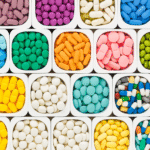
Best Vitamins for Energy: Do They Really Work?
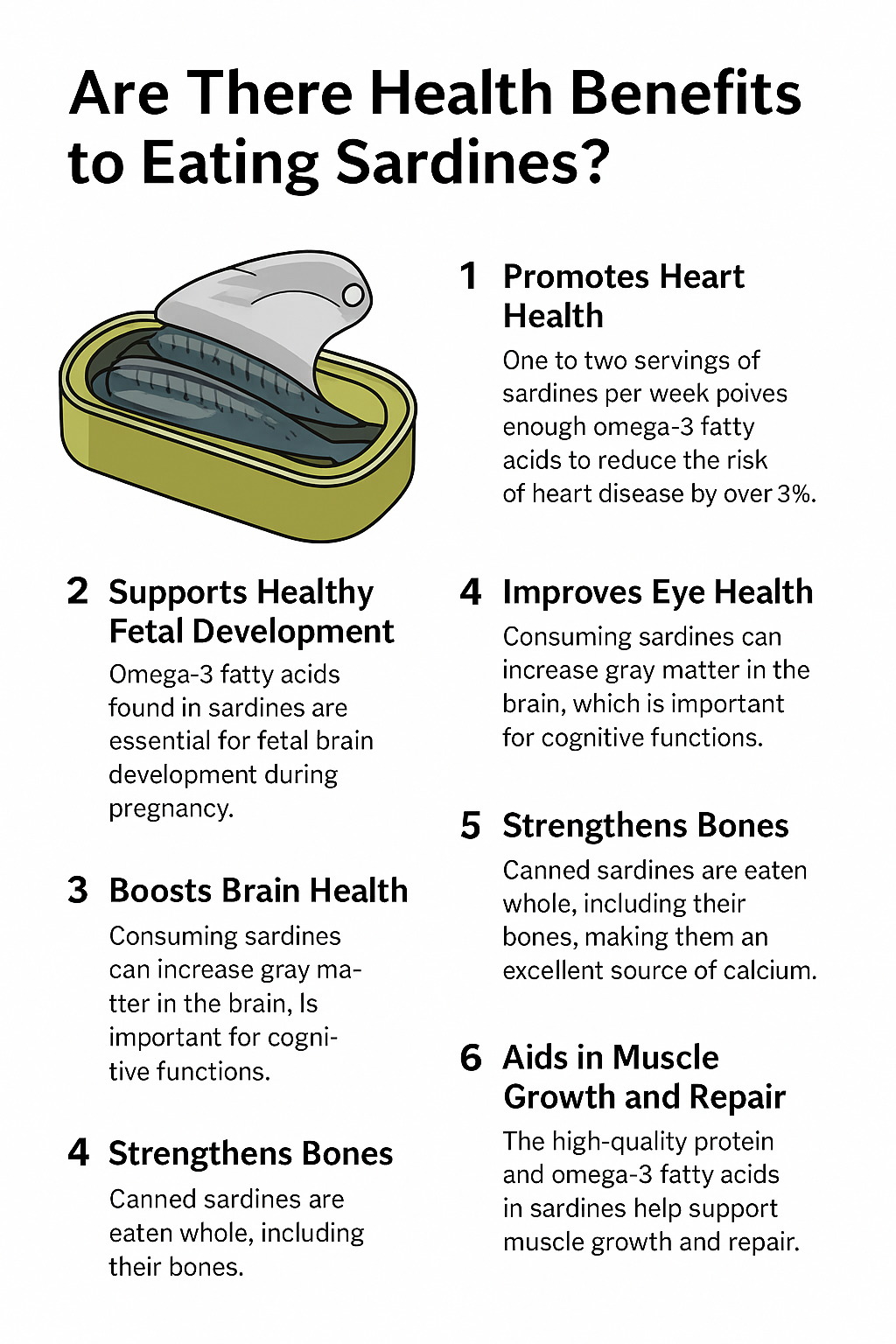
Are There Health Benefits to Eating Sardines?

The Ultimate Guide to Multivitamins for Beard Growth

Ingredients Protein Powder Unveiling the Benefits and Features

Vitamins for Dry Eyes Best Supplements and Home Remedies
Nutrifocal inspires healthier living by delivering trusted nutrition, wellness guidance, and balanced lifestyle choices daily.
- Mark Twain Tweet
Related Posts
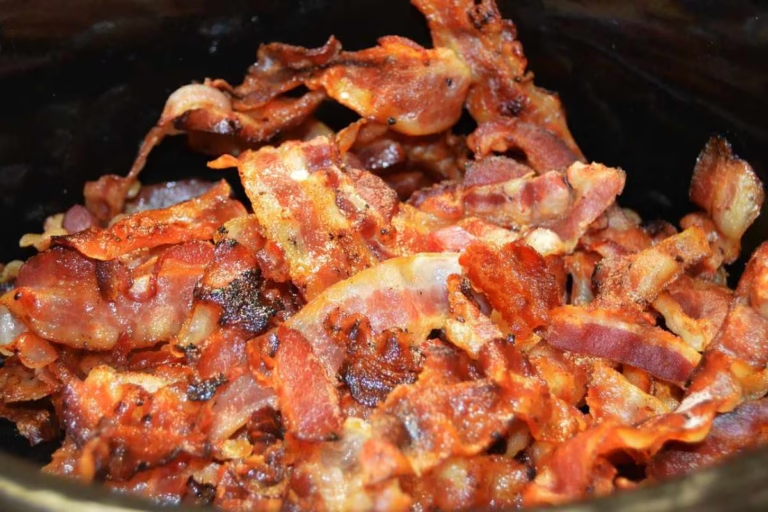
Health Benefits of Bacon

Peanut Butter Is It Good for You?

Are There Health Benefits to Eating Sardines?
